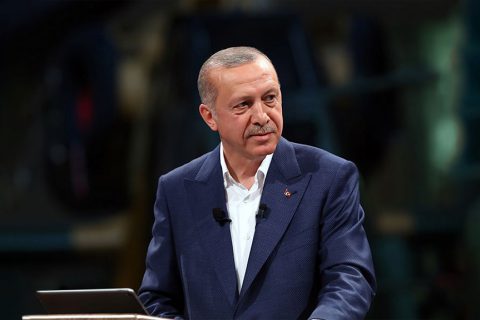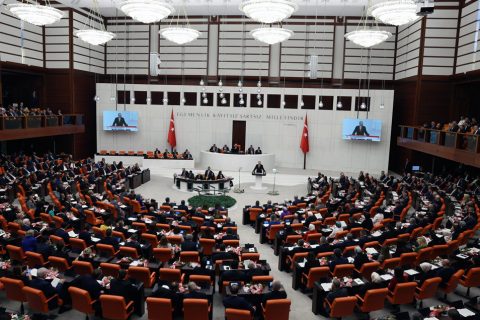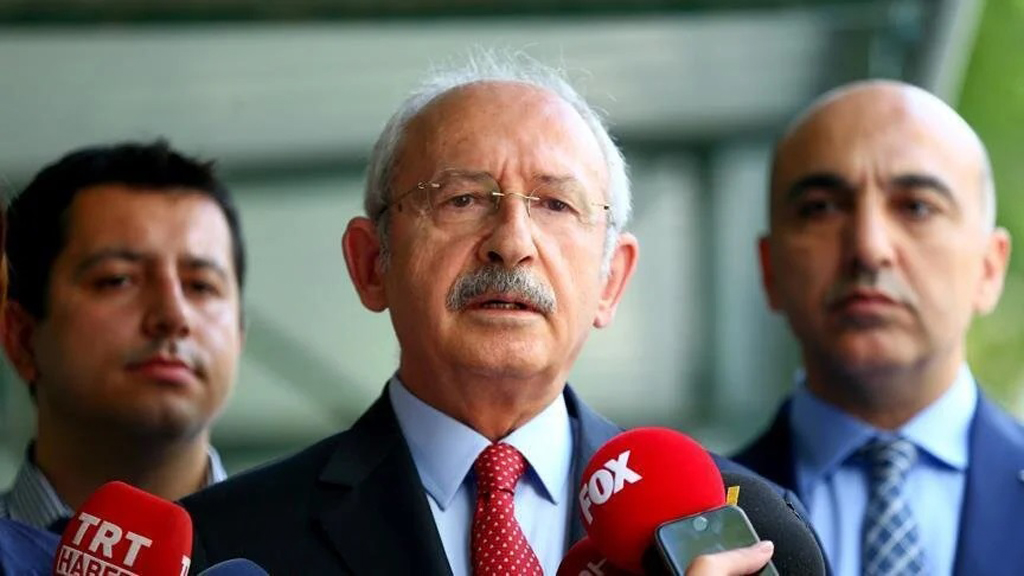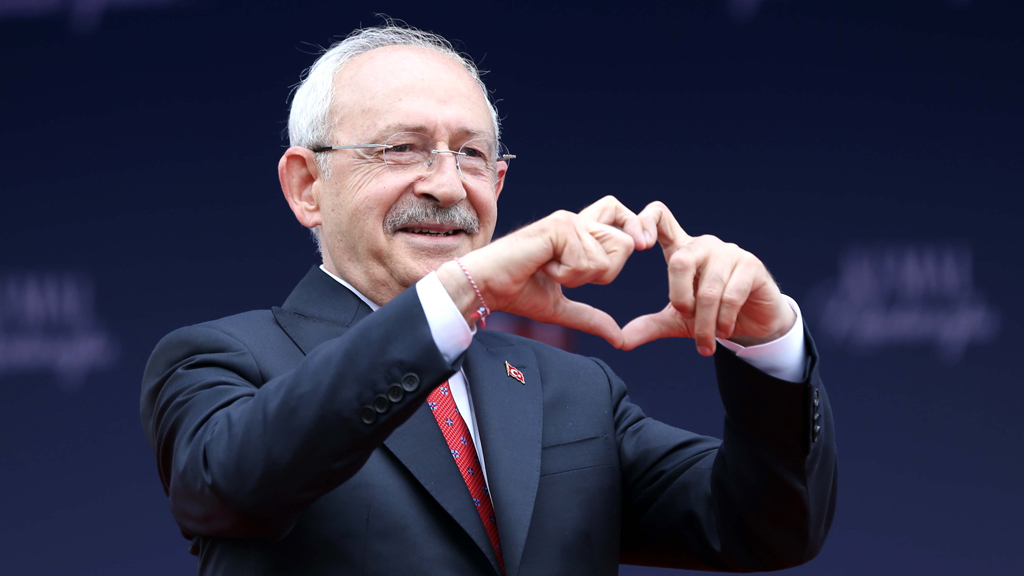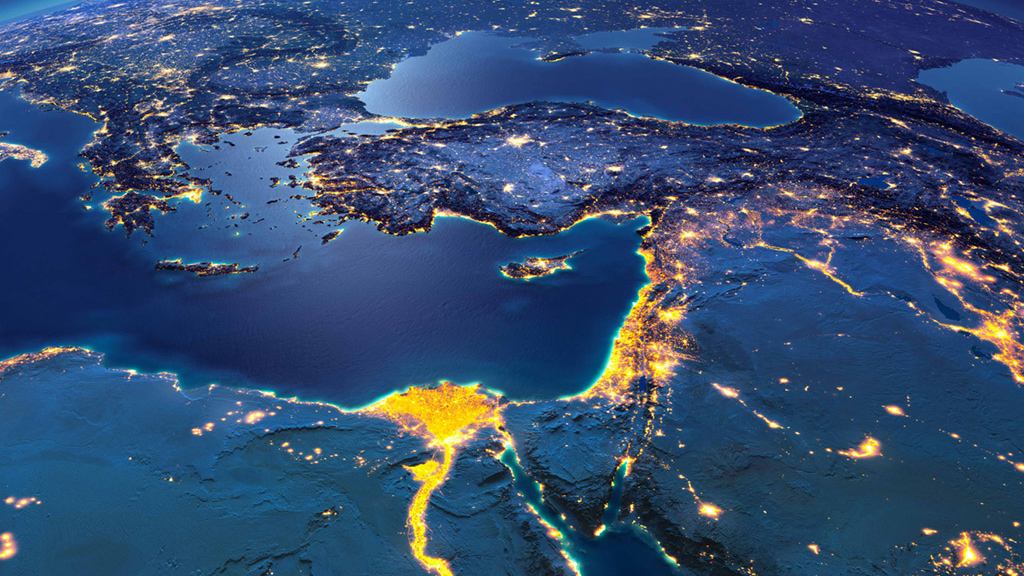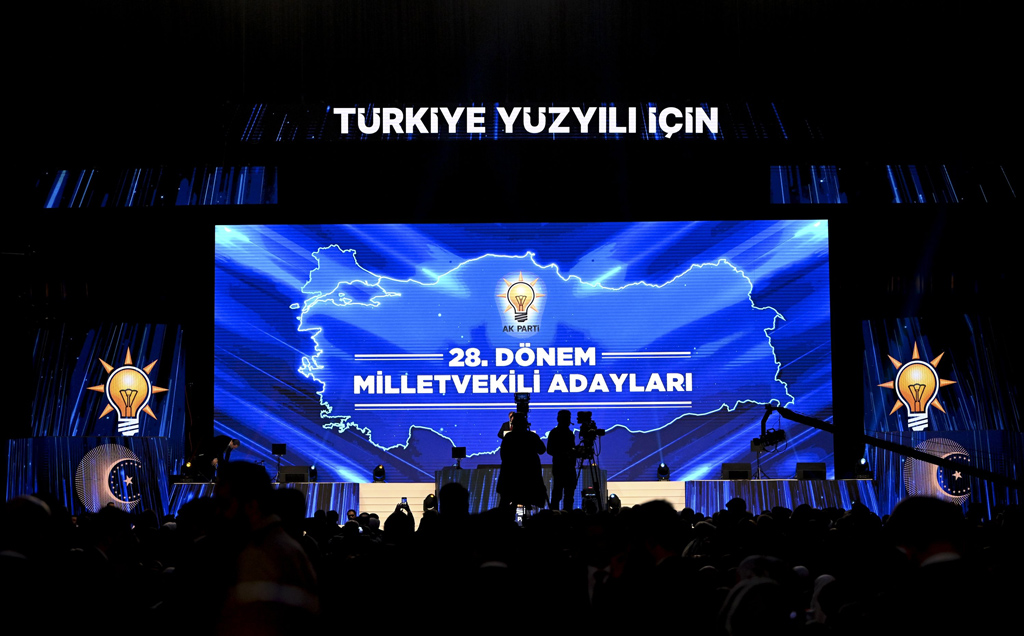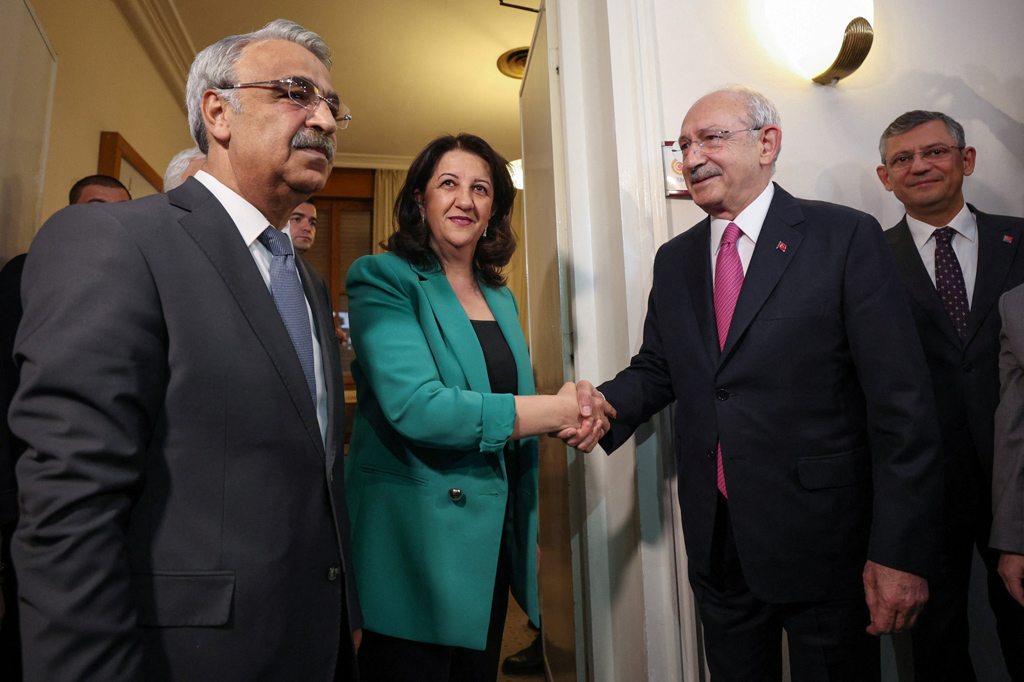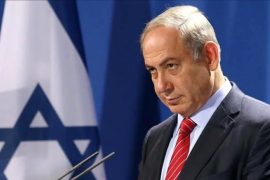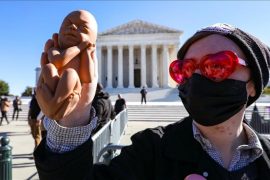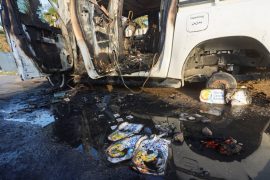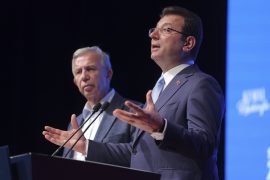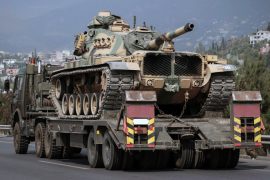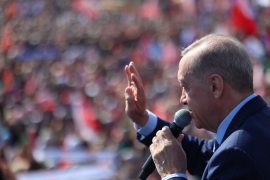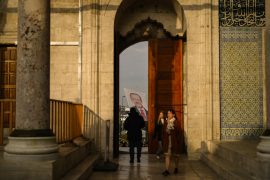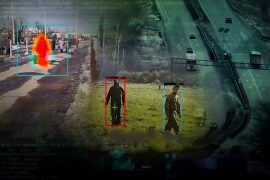People's Alliance
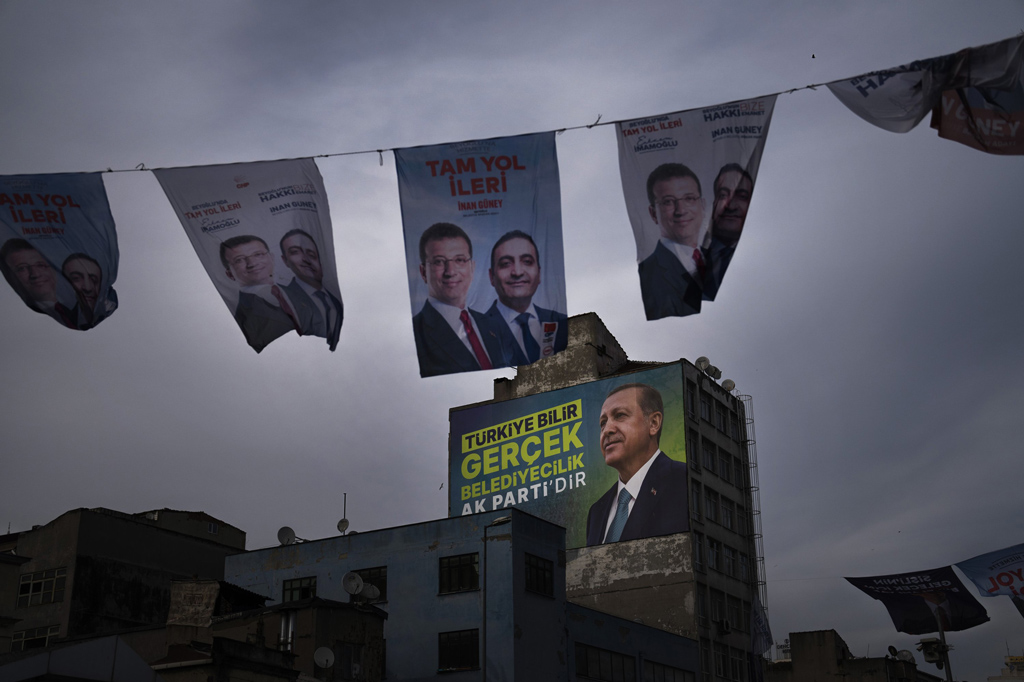
Key to Turkish election triumph in metropolitans: Ballot box effect
| OpinionAhead of this weekend’s municipal elections, the People’s Alliance, and the Republican People’s Party (CHP) …
-
Opinion
AK Party-led alliance and YRP ties as election nears: Quo vadis?
By Burhanettin DuranWith the municipal election just three weeks away, the relationship between the People’s Alliance and the New Welfare Party ("Yeniden Refah" in Turkish - YRP) becomes more apparent. The most significant development of the current election cycle was the opposition parties, which formed an alliance with the main opposition, the Republican People’s Party (CHP), in May 2023 and decided to field their own candidates.
-
Opinion
Vicious cycle between Turkish opposition and ruling alliance
By Burhanettin DuranThe main opposition Republican People’s Party (CHP) chairperson, Kemal Kılıçdaroğlu, rejected President Recep Tayyip Erdoğan’s call on all political parties to draft a new constitution – as expected. Besides questioning the current administration’s legitimacy, on which he blames his latest election defeat, the CHP chairperson urged his former allies not to negotiate with the ruling People’s Alliance: “The six opposition leaders shared their views on the constitution with the public already. We have signed that document and unveiled it. As journalists, you are welcome to ask the other leaders why they choose to invalidate their signatures.”
-
Opinion
Path of Turkish politics in new era amid crisis in opposition
By Burhanettin DuranAt the height of his political power, Erdoğan will make improvements to the presidential system in an attempt to consolidate it. Adopting a holistic approach to all parts of politics, he will try to take bold steps and launch new initiatives in Türkiye.
Bu Konuda Daha Fazla
-
Kemal Kılıçdaroğlu Is Set to Lose Türkiye’s Presidential Election
By Faruk YaslıçimenWith Türkiye’s transition to a presidential system in April 2017, after a historic referendum that saw 51.4% of the votes cast in favor of the new system, political parties in Türkiye immediately began to adapt to the new system. The presidential system, which requires candidates to win an absolute majority of first-round votes, forged pre-election alliances. It became clear to all opposition parties, led by the Republican People’s Party (CHP), that on their own they could not defeat Erdoğan or the AK Party (Justice and Development Party) under Erdoğan’s leadership?
-
Türkiye’s Opposition Supporters Insult Earthquake Victims After May 14...
By Politics TodayAfter the May 14 elections in Turkey, disturbing comments emerged on social media platforms aimed at earthquake survivors. How earthquake survivors would affect the election outcome had been heavily speculated, and many had criticized the government for the way it handled the disaster. Foreign and domestic opposition media alike considered that the earthquake would shake support for incumbent president Recep Tayyip Erdoğan in the earthquake-hit provinces, yet the results of the election proved otherwise. This prompted supporters of the opposition to share hateful remarks towards the earthquake victims who voted for Erdoğan. Such actions were condemned by government officials and investigated by the police.
-
People’s Alliance vs. Nation Alliance | Who Offers What...
By Murat Yeşiltaş By Bilgehan ÖztürkThis paper provides a comparative analysis of the specific and singular foreign policy topics and files, as well as the paradigms guiding the foreign policy preferences of both alliances on a macro level.
-
Candidate lists and two possible surprises in Turkish vote
By Burhanettin DuranA total of 26 political parties submitted their parliamentary candidate lists to the Supreme Election Council (YSK) on Sunday. They faced criticism over their picks – just like in every other election. Obviously, such lists represent the outcome of vigilant plans that take many different factors into consideration. Such as it is perfectly natural in failing to address all expectations at the grassroots level and for some people to be unhappy.
-
HDP’s heavy influence in the Turkish opposition’s discourse
By Burhanettin DuranIt would seem that HDP has started dominating the opposition bloc with its radical demands as well as marginal discourse.
